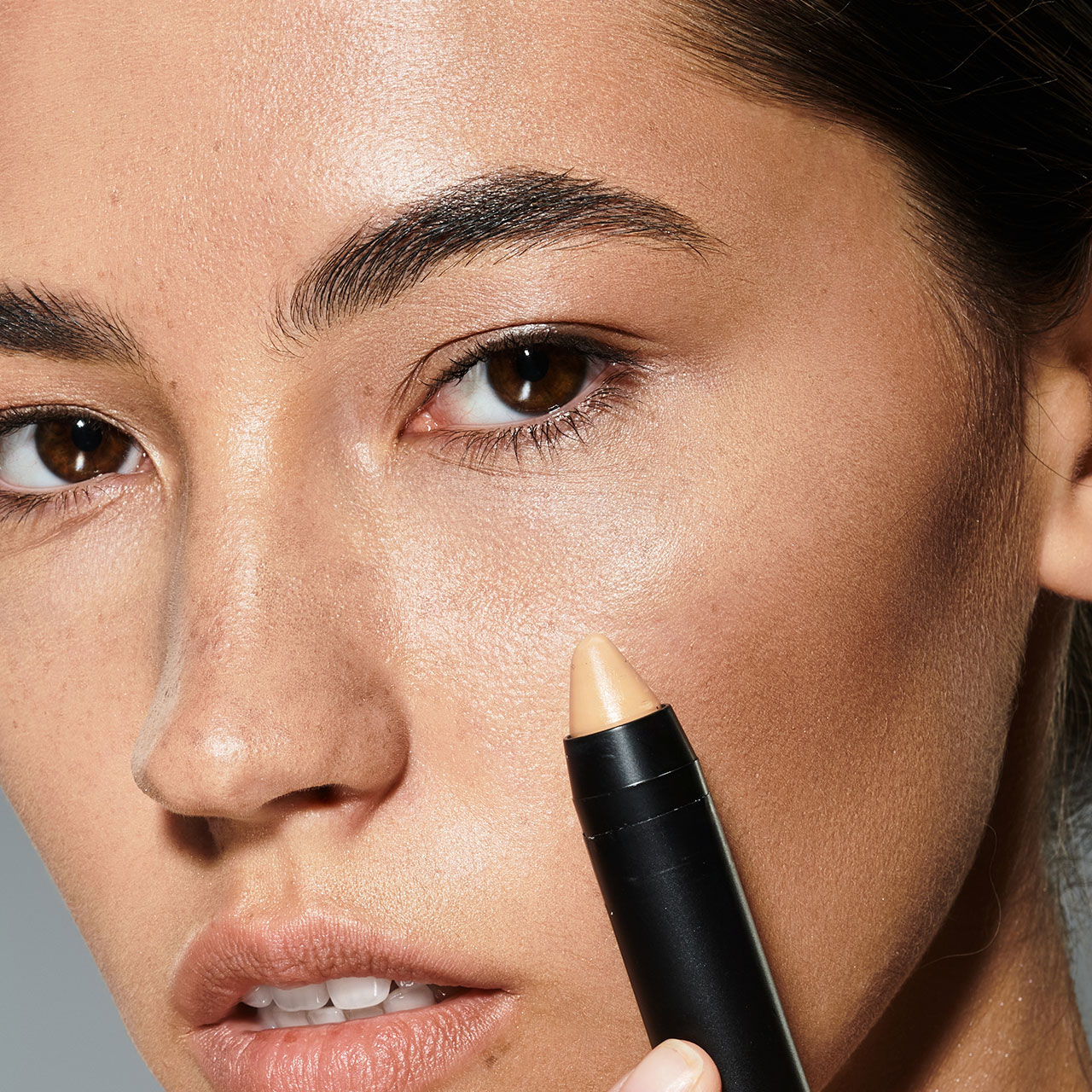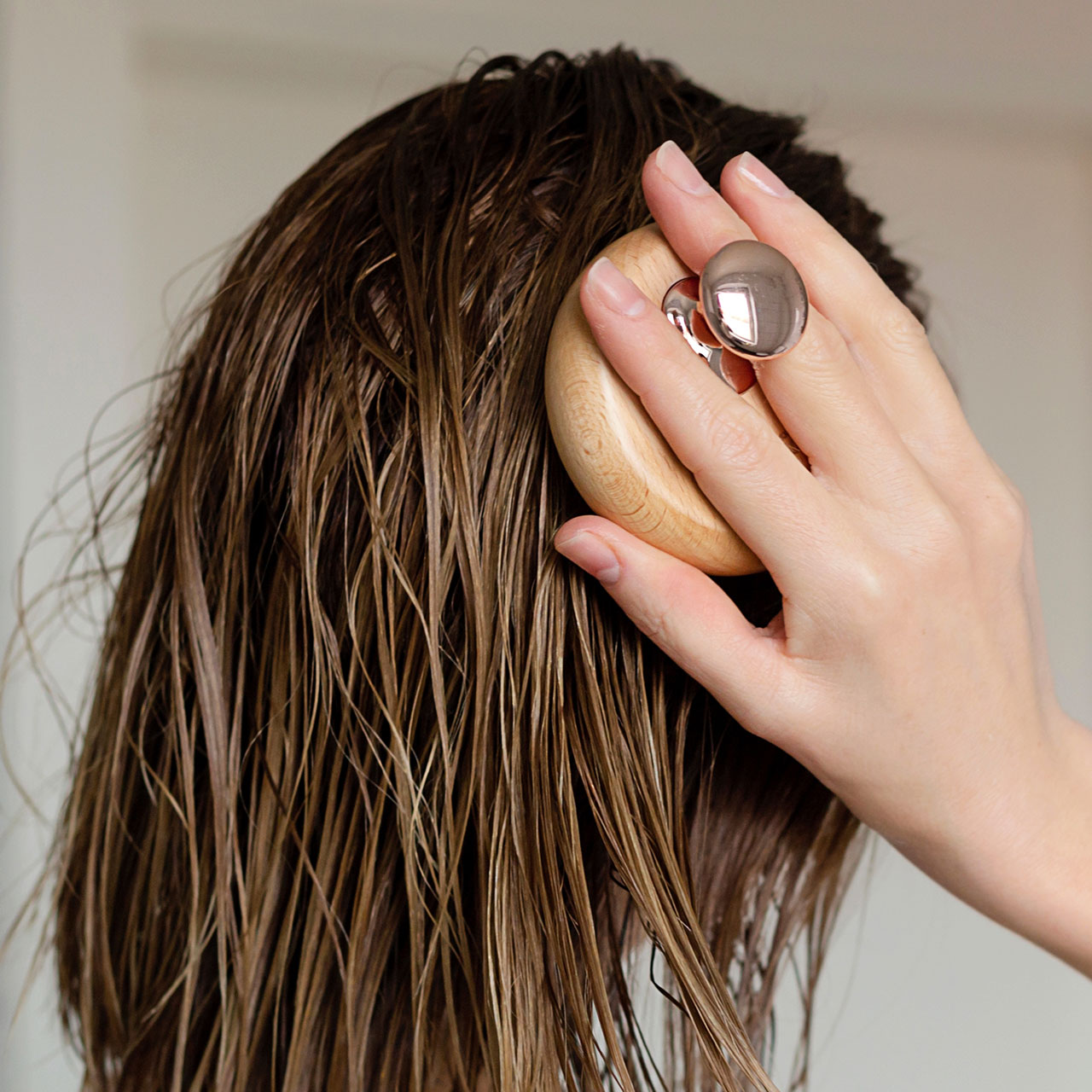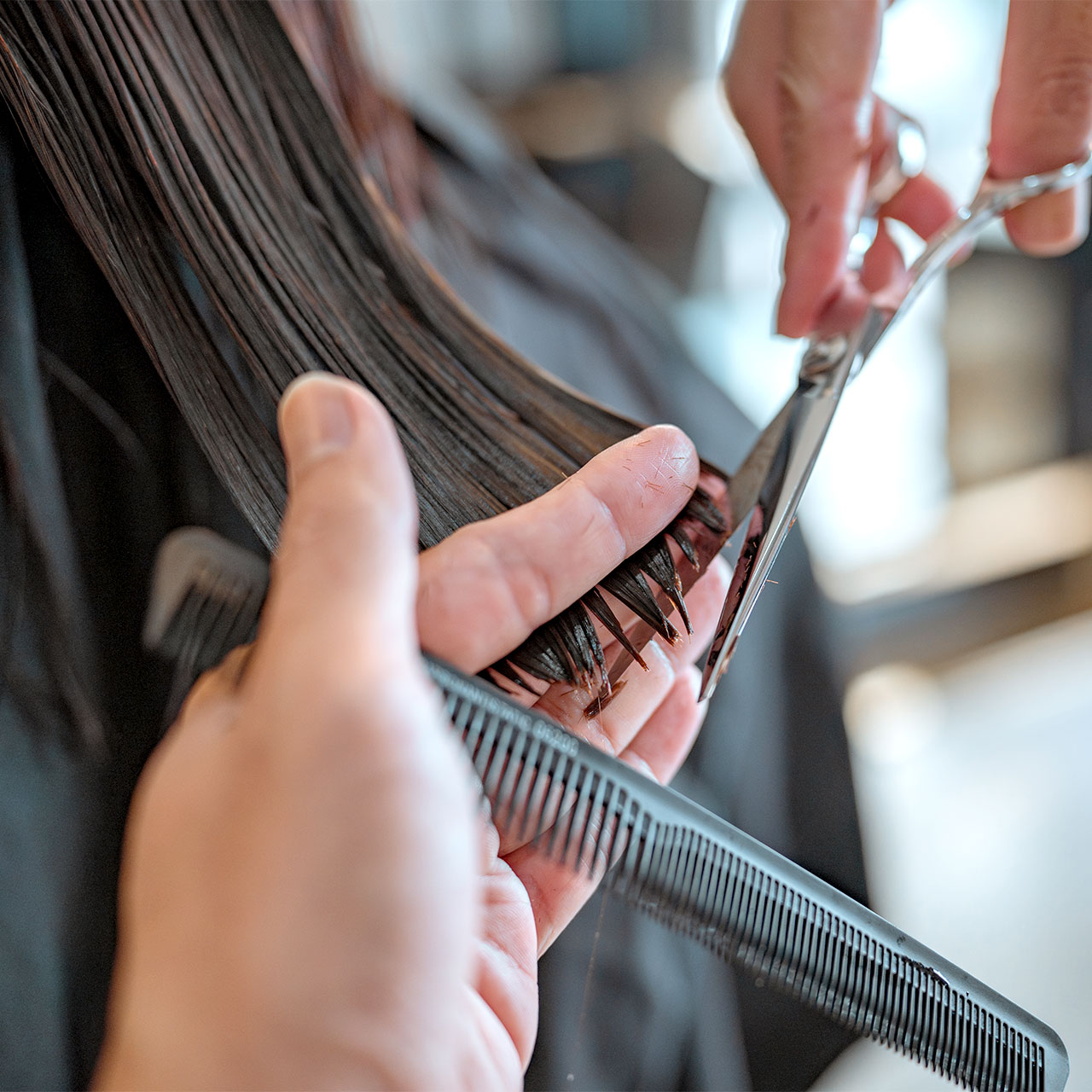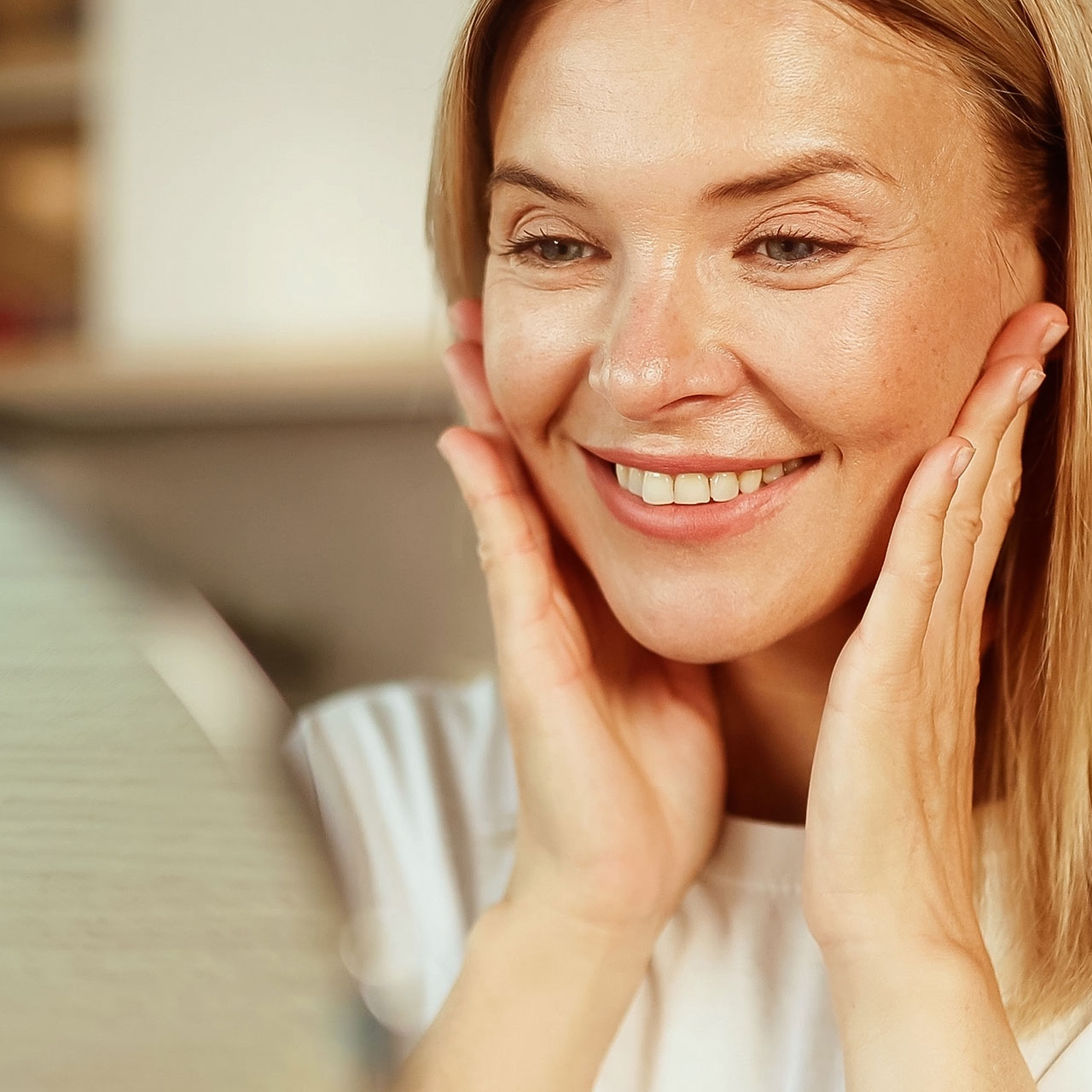Skincare is a generally expensive area to invest in, and while there are cheaper options to help nourish your complexion without breaking the bank, sometimes it simply feels easier to turn to DIY solutions. You’re not alone if back in high school you tried out face masks made of avocado or coated your skin in a coffee scrub, but while some ingredients are harmless, others can have less of a positive effect on your skin in the long run.
We spoke with Dr. Robin Schaffran, Chief Dermatologist and co-founder of BalmLabs to find out the DIY skin care solutions that should never be applied to your complexion in the hopes of brighter, healthier skin so you don’t accidentally put your body at risk in a bid to save your wallet.


Lemon Juice for Blemishes
Lemon juice is known to be particularly acidic, and the logic is that applying it to a blemish will dry it out and lead to smoother skin. However, it’s the very acidity of this food that can put your skin at risk. “[Lemon juice] contains citric acid, which has a drying effect, so theoretically it can “dry up” pimples, but it can also irritate skin and make it more sensitive to the sun,” explains Schaffran.
While lemon juice does provide a boost of vitamin C to the skin, checking out a cheaper serum option will ultimately be safer and more effective in brightening the skin and reducing hyperpigmentation.
School Glue as a Face Mask
Skipping out on a store bought face mask in favor of school glue may be tempting, and there is something undeniably satisfying about peeling dried glue in its putty state. However, although the idea is that the glue will remove toxins from the pores, Schaffran notes that this solution may actually have the opposite effect.
“The glue has ingredients that can cause allergic reactions such as contact dermatitis and can also potentially clog pores and cause more blackheads,” she explains. Cheap as it may be, this is not a corner worth cutting if you don't wish to exacerbate the issue.

Toothpaste for Pimples
An unfortunately common DIY solution to breakouts, toothpaste is said to dry out pimples and erase their appearance from the skin. But the reality is that toothpaste is simply never meant to be applied topically to the skin. “Toothpaste uses hydrogen peroxide, menthol, and alcohol, all of which are all known to be very drying to the skin,” notes Schaffran. “When applied to a pimple, it typically just dries out the surface of the skin, leading only to redness and irritation.”
Finding a drugstore spot treatment will ultimately be a much safer option, and while these DIY hacks may seem to save you money upfront, you’ll likely have to invest more in reviving your skin down the line when using them regularly.


























